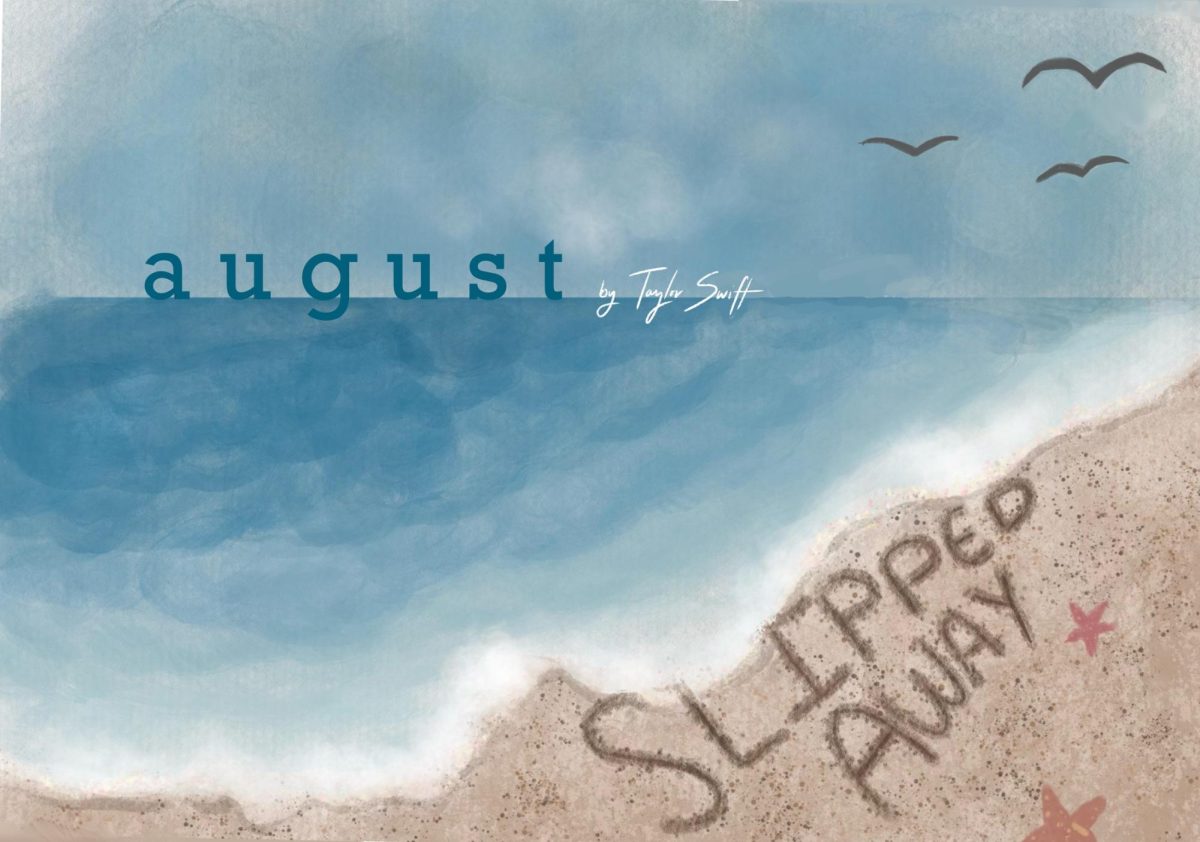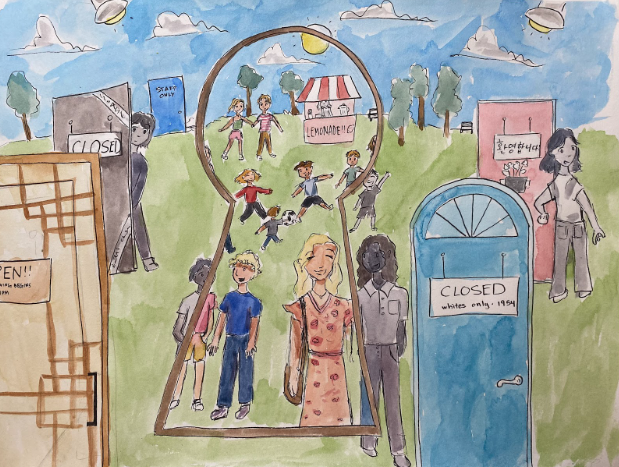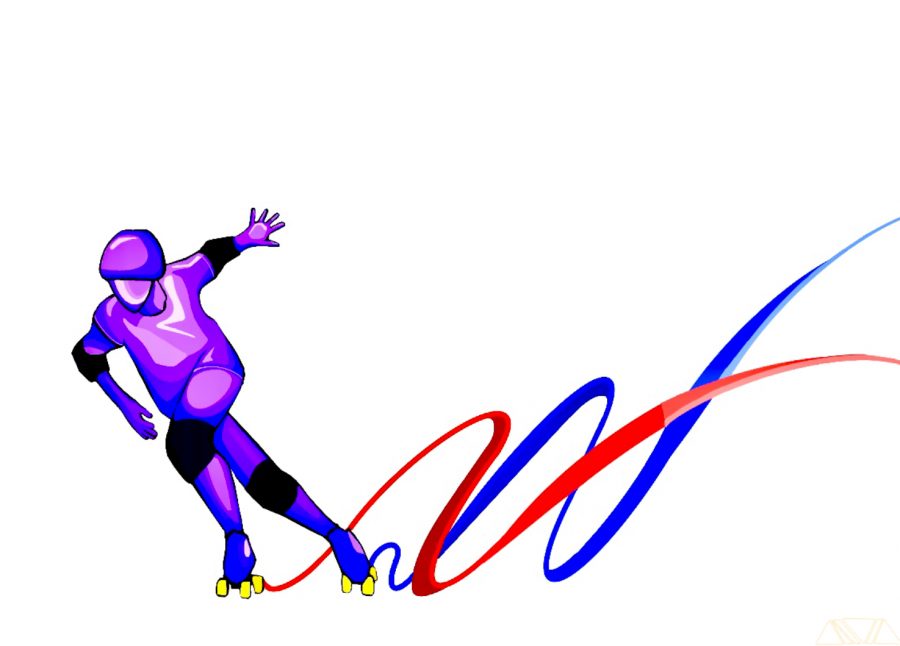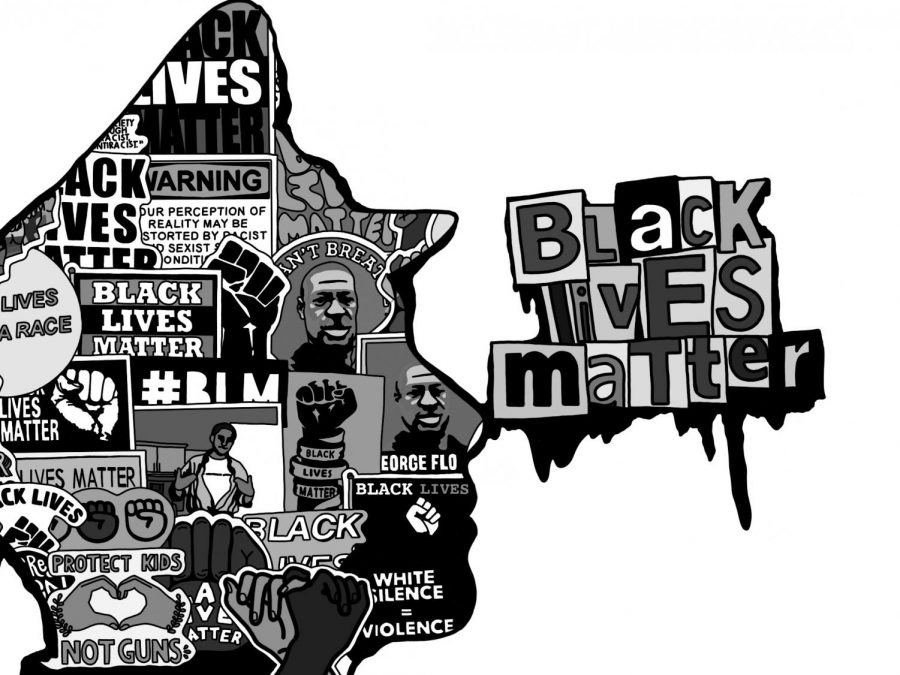Semantics are often annoying and needless. I’m hoping I convince you this isn’t one of those times.
“Voting” as a physical action shouldn’t be encouraged. “Voting” as a political statement that takes careful consideration of all factors before the ballot is cast is the only way it should be done.
Voting is often painted as a necessity, a sacred duty that every American must exercise, a no-brainer. I don’t think this is the case. You don’t need to vote, especially if you need constant reminders to remember how important it is and think the only thing that matters is the ballot itself.
Every time I hear “It doesn’t matter who you vote for, just vote,” I feel confused. I know many others I agree with support the sentiment, but I just can’t. It does matter who you vote for. That’s all that matters. Flipping a coin and voting concordantly would be “just voting,” but is such a bad idea it feels needless to elaborate.
When the ideal weight a ballot should carry is lost, the practical implications of a vote matter more.
Ideally, voting is more than something everyone urges you to do. It should be a conscious and carefully thought-out ritual, not a knee-jerk reaction to the thousand of reminders people keep throwing at you. This will never be the case for many reasons – a few reasonable, but most not.
Voting should be an extension of a view, not an ends to it. A ballot means less than the person casting it, and “staying at home” is as much a view as voting, while obviously a much less productive choice.
Those who stay at home election day shouldn’t be swayed by those who urge them that “there’s no excuse” not to vote. They should realize that not voting should be coupled with further political action; an extension of the myriad reasons for not voting initially. If you weren’t going to vote because you didn’t agree with anyone, don’t let your political statement end there.
The maxim that “It doesn’t matter who you vote for, just vote” is an odd remnant from the idealistic view of voting that forgets a simple, practical reality. There are wrong things to vote for, and you shouldn’t want those who would vote for them to find their way to the polls.
Knowing what or who you’re voting for can only happen when you consider more than the simple action of voting once.
Those who don’t understand or are misinformed about what they’re voting for shouldn’t be encouraged to vote, as their vote will have a real impact. This is made all the more obvious when they were thinking of not voting anyway.
Quite simply, don’t vote because someone else told you to.








